The brain is an extremely complex organ that controls various body functions. If a stroke occurs and blood flow can't reach the region that controls a particular body function, that part of the body won't work as it should. A stroke occurs when a vein in the brain bursts and bleeding occurs or a blood clot forms or when there is a blockage in the blood supply to the brain. Stroke is one of the leading causes of death and disability in India. The incidence of stroke in India has increased by 100% in the past few decades. Stroke incidence in India is higher (194-215 per 100,000 population) in rural areas as compared to the national average (119-145 per 100,000 population).
World Stroke Day is observed on October 29th to underscore the serious nature and high rates of stroke, raise awareness of the prevention and treatment of the condition, and ensure better care and support for survivors. The annual event was started in 2006 by the World Stroke Organisation (WSO). We at Medicircle are conducting the World Stroke Day Awareness Series to draw awareness on the symptoms and treatments available for stroke to reduce the incidence of stroke.
Dr Mohinish Bhatjiwale is a well known Neurological Spine & Pain Surgeon from Mumbai. He received subspecialty training in London and Perth in Functional Neurosurgery. He performed the first electrically guided Temporal Lobectomy for resistant Epilepsy in India and also did the first Deep Brain Stimulation in a public hospital and medical college in India 21 years ago. Apart from his scientific contributions, he is actively involved in creating rural super speciality services and his philosophy of calling Head Injury and Stroke as `Vital’ Speciality instead of `Super’speciality to help rural areas, has been recently accepted by the Asian Neurosurgery Journal and Community.
About Stroke
Dr Bhatjiwale starts by explaining stroke, “Stroke is a lifestyle-related complication. Instead of being a disease, it is a disease-related complication. Diabetes and blood pressure cause strain in blood circulation, which can lead to the formation of clots or the bursting of the blood vessels. This is stroke.”
Causes of Stroke
Dr Bhatjiwale adds “Many lifestyle bad habits and stress causes one to develop stroke. Physical stress, emotional stress and travel stress are some factors we suffer. Other lesser-known stressor is dietary stress, caused by eating junk food. Here the body has to work extra to digest it creating stress.”
“Weather stress caused by a change in weather or temperature causes stress on our body. Research found that there is even cultural stress. Then there is Electronic stress. The glare that comes by focusing on a small device for so long. Such varied factors cause stress on the body and its blood circulation, giving rise to stress.”
6 Ways To Live A Healthy
He mentions, “There are 6 ways that we can live a healthy life. Since ancient times these 6 rules have promoted health and peace.
Be in close contact with Nature Have food and sleep at a fixed time Be hydrated. Drink 3 litres of water Protect yourself from harsh sunlight. Regularly practise yoga and meditation Include daily the habit of walking
How To Bridge The Healthcare Gap
He explains, “There has been a lot of advancement in the field of medicine in India. We are the leading healthcare providers of the world when it comes to technology, quality of doctors and more. But this development has been patchy in a way. There are some places where there are excellent healthcare options and then there are places where there exists no option.”
“The situation in rural and semi-urban places is bad. Here basic life-saving things are missing in the public healthcare space. Today. the main problem in India isn’t getting food, it is getting access to good and affordable healthcare."
"At the district level, some life-saving medical provisions should be made available. We must make the process of finding and donating to NGOs seamless. NGOs hold the power to contribute to the public healthcare system. CT scans and telemedicine options should be made available at every district centre Create awareness amongst diabetes and hypertension patients on their high risk of stroke"
Lack of Rehabilitation
He says, “The first treatment after stroke is quite doable and treatable. The loss of limb movement needs rehabilitation for proper functioning. Unfortunately, the lack of rehabilitation is huge in India. We need more affordable and good quality rehabilitation centres in India.”
(Edited by Priyal Shah)
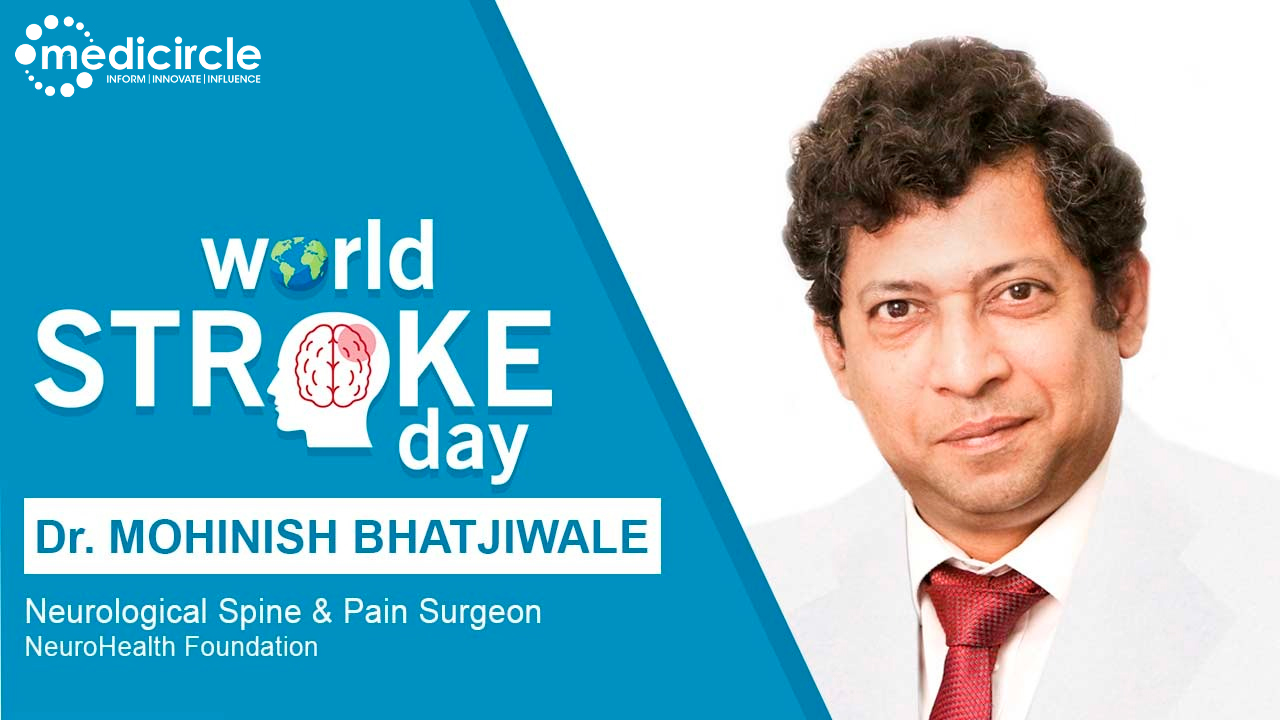
 Stroke is a lifestyle-related complication. Bad lifestyle choices promote the risk of stroke. Here are 6 habits that can help you prevent the risk of stroke.
Stroke is a lifestyle-related complication. Bad lifestyle choices promote the risk of stroke. Here are 6 habits that can help you prevent the risk of stroke.




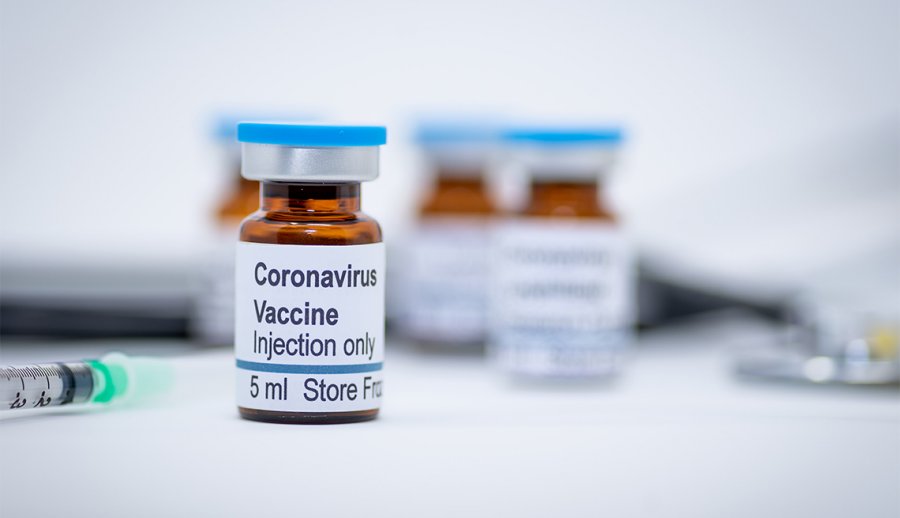
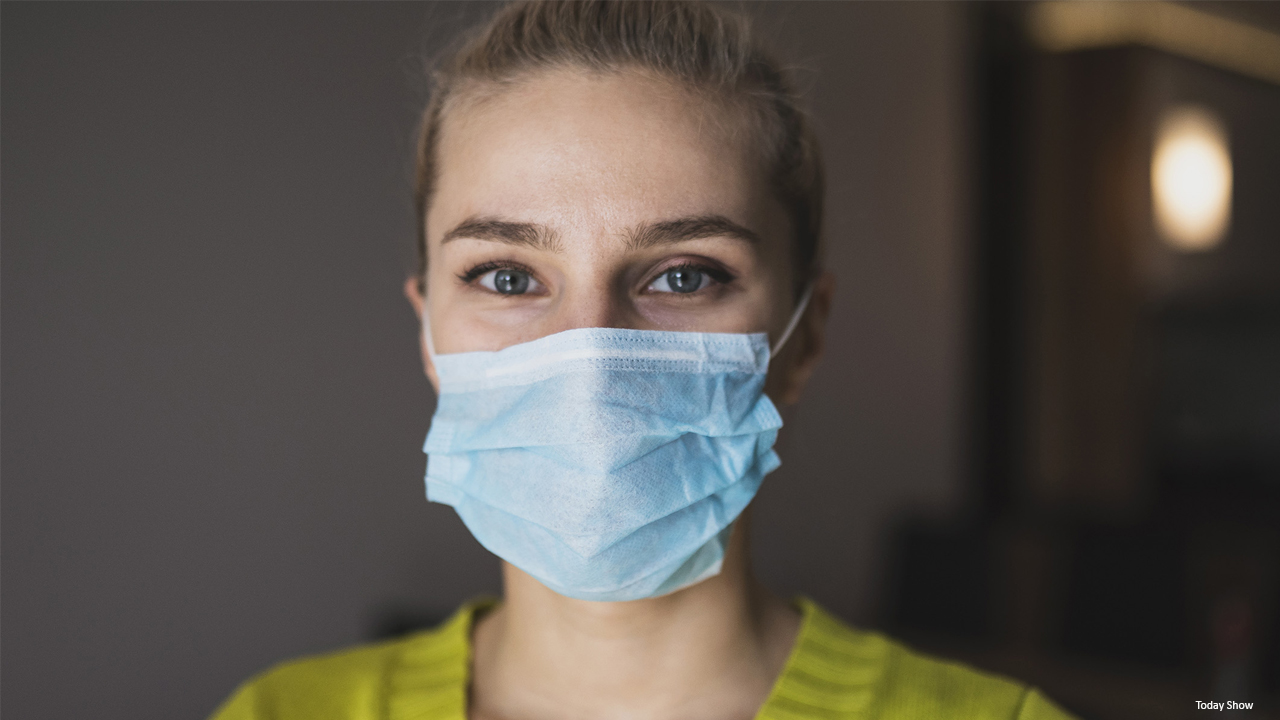
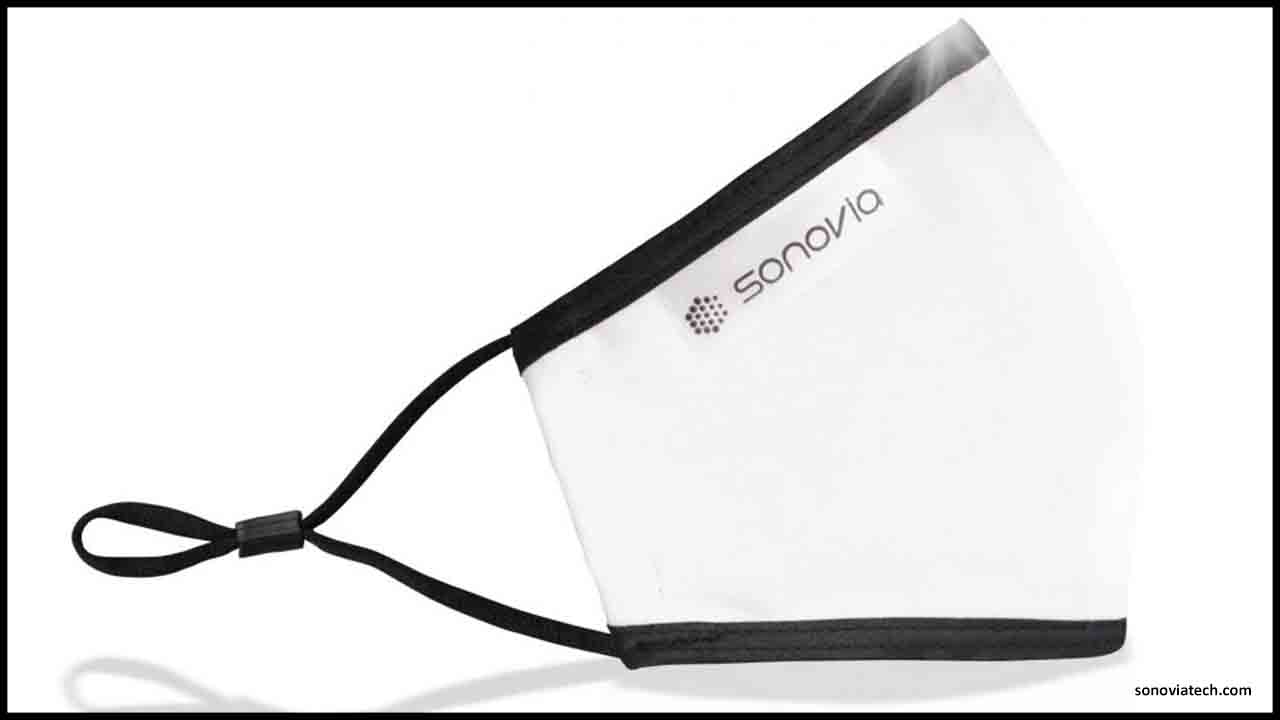
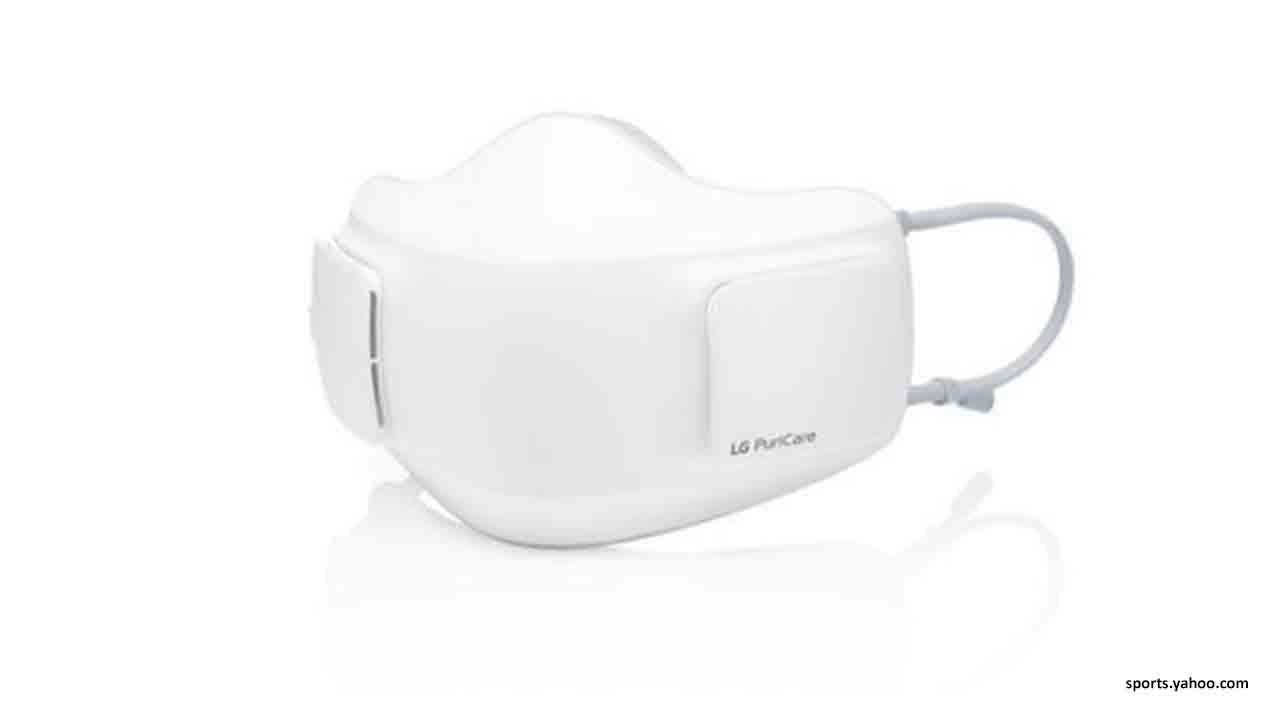

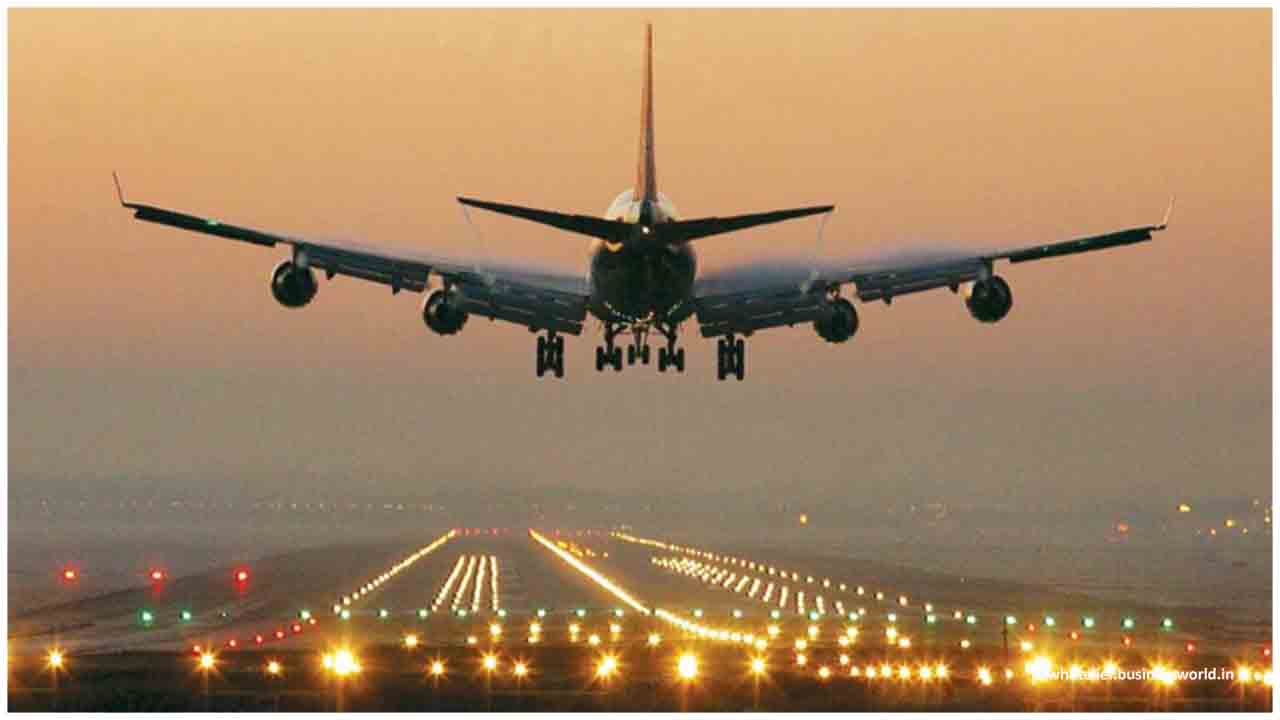
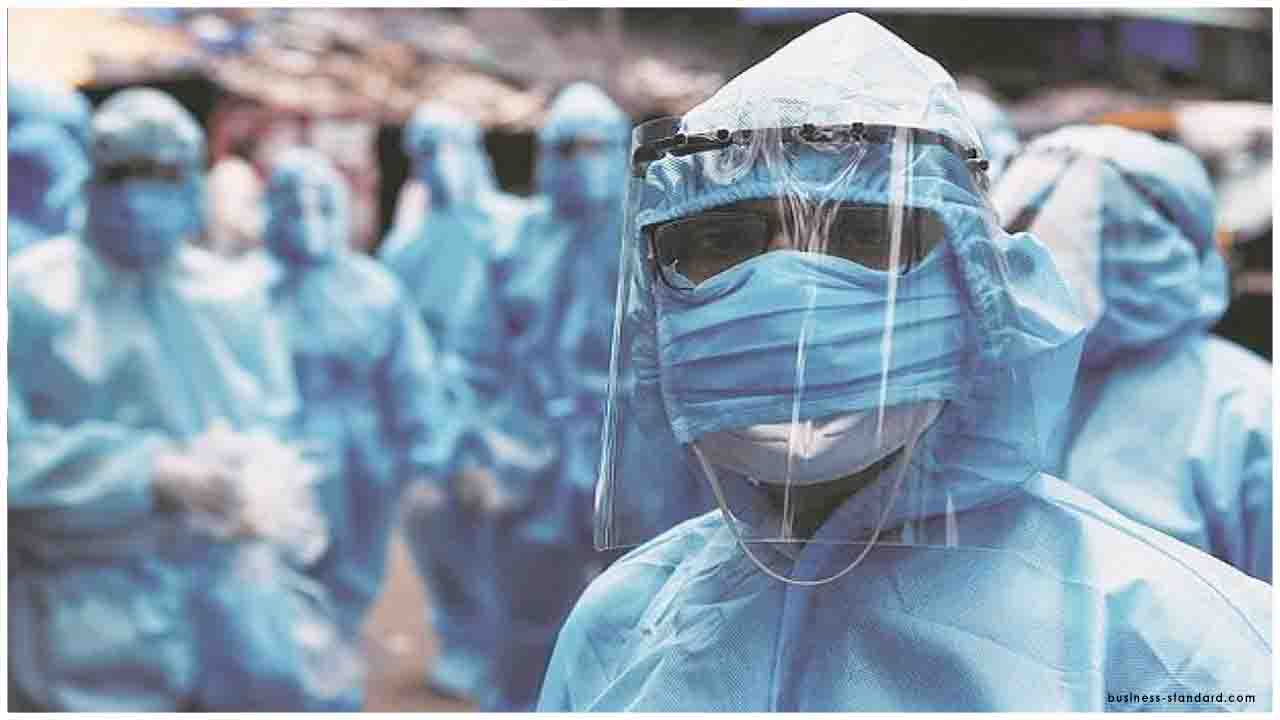

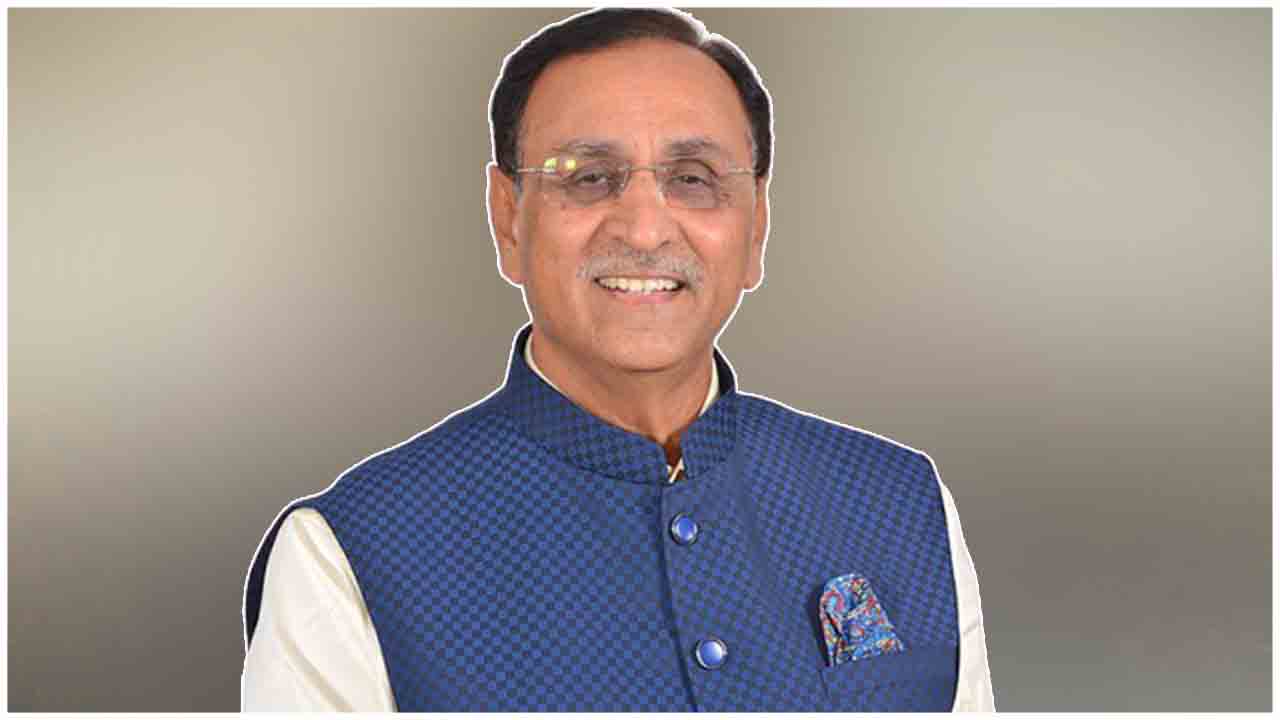
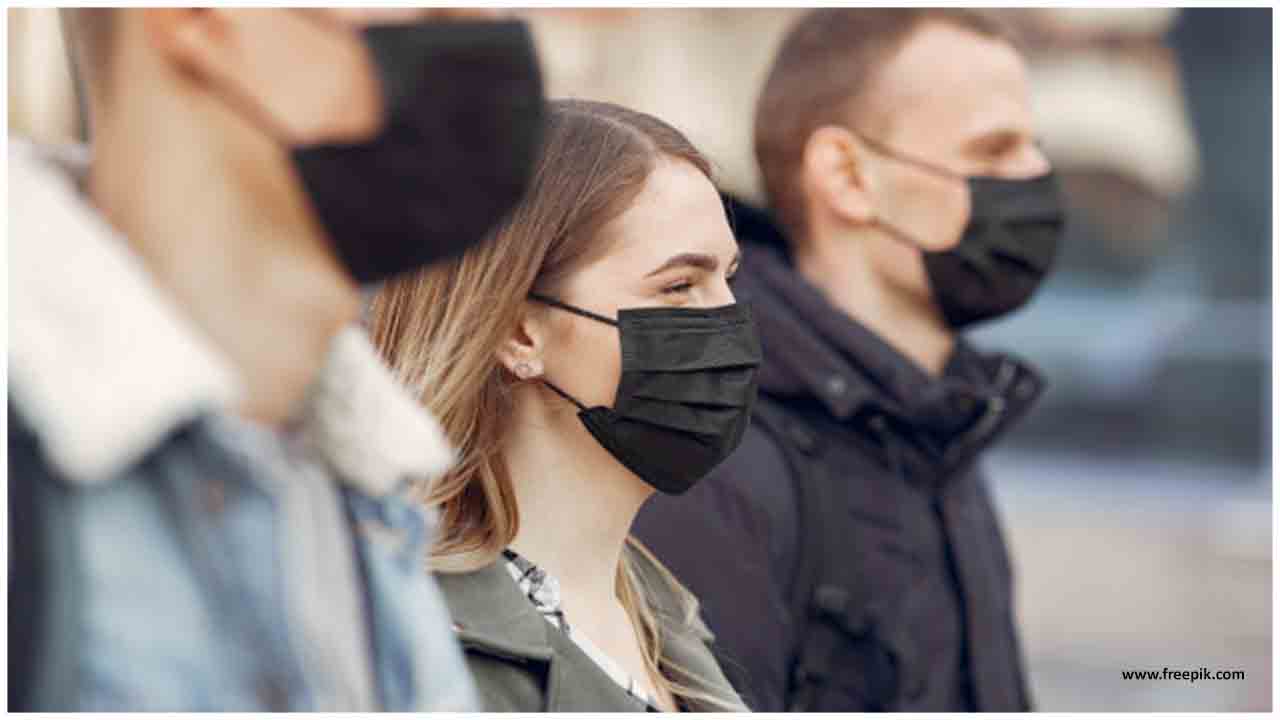





.jpeg)



















.jpg)
.jpeg)